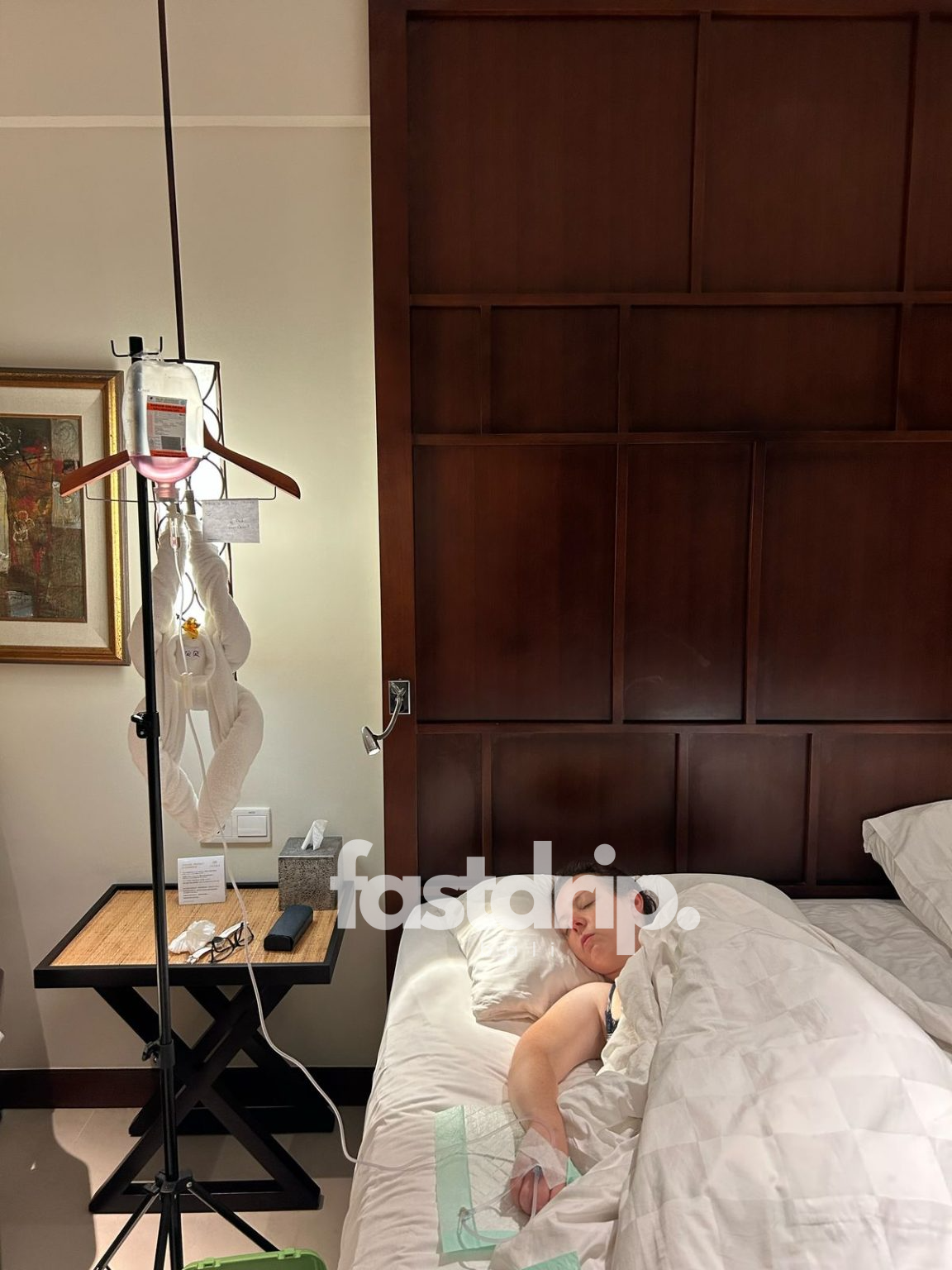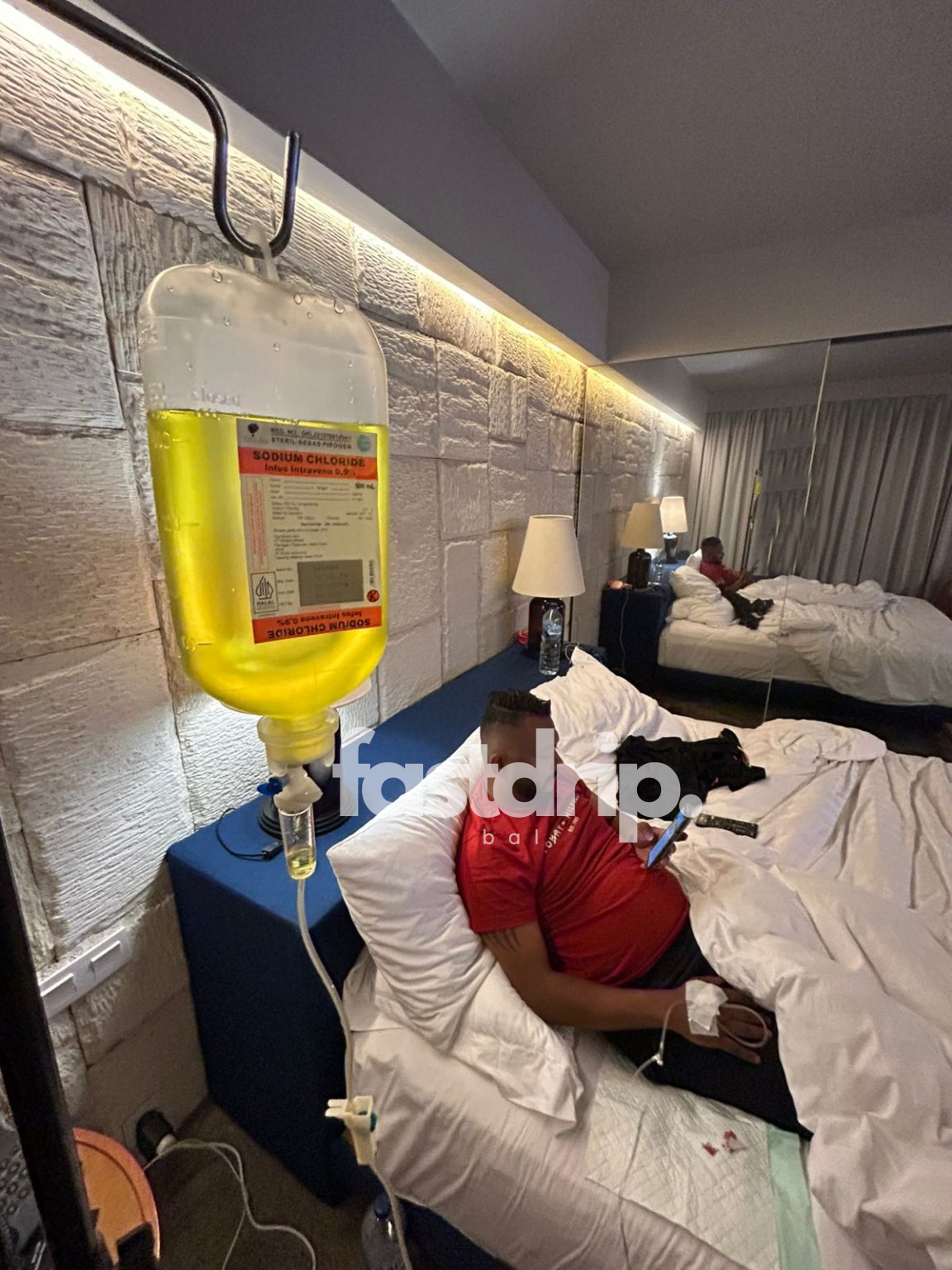How to Avoid Bali Belly While Vacationing in Bali
1. Understanding Bali Belly: What Is It and Why You Should Care
“Bali Belly” is the colloquial term for traveler’s diarrhea commonly experienced by tourists visiting Bali. It’s usually caused by ingesting contaminated food or water, leading to symptoms such as diarrhea, cramps, nausea, bloating, vomiting, and even fever. Symptoms often appear within 1 to 48 hours of exposure and typically resolve within a few days—but if they persist longer, medical advice is crucial
According to the CDC, travelers to developing regions face a 20–50% risk of contracting diarrhea, especially within the first two weeks of travel, with bacteria being the culprit in over half of cases
2. Stay Hydrated — Wisely
Dehydration is a major risk when Bali Belly strikes. Always drink bottled or boiled water, and avoid tap water—even when brushing your teeth. Be cautious with ice in drinks, as it’s often made from untreated water—unless you’re at a reputable restaurant using purified ice
3. Choose Food Carefully
Follow the golden rule: “Boil it, cook it, peel it, or forget it.” Avoid raw or undercooked meat, seafood, and raw vegetables not peeled or cleaned in safe water. Preferably dine at busy warungs or restaurants with high turnover—these places typically serve fresher food
4. Practice Excellent Hygiene
Hand hygiene is key. Wash your hands thoroughly before meals and after using the bathroom, or use hand sanitizer when soap isn’t available. Even money and mobile phones can carry harmful germs—clean them regularly or avoid touching your face after handling them
5. Boost Your Gut Defenses with Probiotics
Some travelers swear by probiotics to prepare their digestive system before departure, with products like Travelan or generic supplements helping strengthen gut flora . Keep in mind that evidence is mixed, but early preparation may offer an advantage
6. Pack Smart: Meds and Hydration Aids
Come prepared with trusted medications from home—anti-diarrheals like loperamide or bismuth subsalicylate, oral rehydration salts (ORS), and electrolyte solutions Stick to meds you’re familiar with and avoid unfamiliar local remedies that may not suit your health profile
7. Know When and How to Treat Symptoms Early
If Bali Belly strikes:
-
Rehydrate promptly with ORS or electrolyte drinks.
-
Rest in air-conditioned comfort; this helps soothe dehydration and fatigue
-
Eat light, bland foods—like bananas, rice, applesauce, and toast (BRAT diet) or clear broths—until your stomach settles
-
Use anti-diarrheal meds cautiously, and avoid them altogether if you have fever or blood in your stool—seek medical help instead
8. Recognize Warning Signs and Seek Help
While Bali Belly often resolves within a few days, monitor symptoms closely. If diarrhea lasts beyond 4 days, or is accompanied by high fever, blood in stool, or severe dehydration indicators (like dry mouth, weakness, reduced urine), seek medical attention promptly
9. Learn from Recent Traveler Warnings
There’s a recent uptick in gastroenteritis cases known as Bali Belly, prompting insurance claims and concern among travelers Travel experts advise being especially vigilant with hand hygiene, avoiding unsafe tap water, and being cautious with street food choices
10. Summary Table of Preventive Actions
| Preventive Action | Why It Matters |
|---|---|
| Drink bottled/boiled water only | Reduces ingestion of contaminated water |
| Avoid raw/unhygienic food | Prevents exposure to pathogens |
| Practice hand hygiene | Stops germ transmission |
| Use probiotics pre-trip | May support gut defenses |
| Pack ORS, anti-diarrheal meds | Helps manage symptoms quickly |
| Know danger signs | Ensures timely medical intervention if needed |
Final Thoughts
Bali Belly can quickly derail a dream vacation. But with the right preparation, hydration, dietary awareness, and hygiene practices, you can significantly lower your risk. Remember: prevention is your best strategy—stay hydrated, eat intentionally, wash your hands, and listen to your body.









